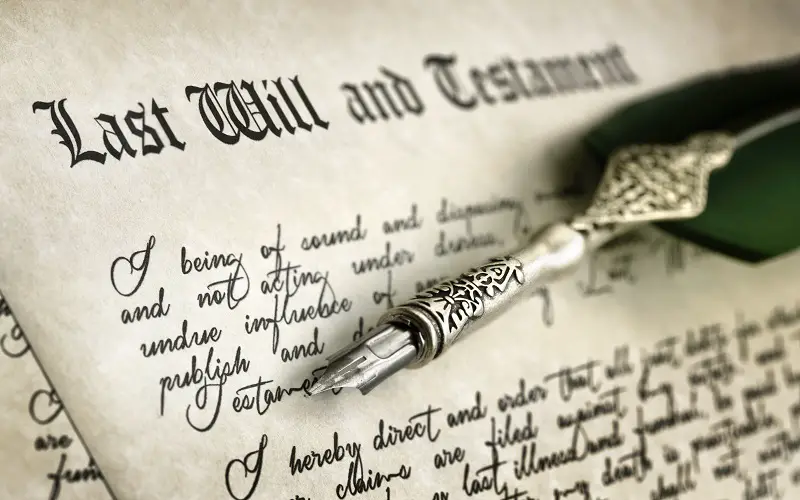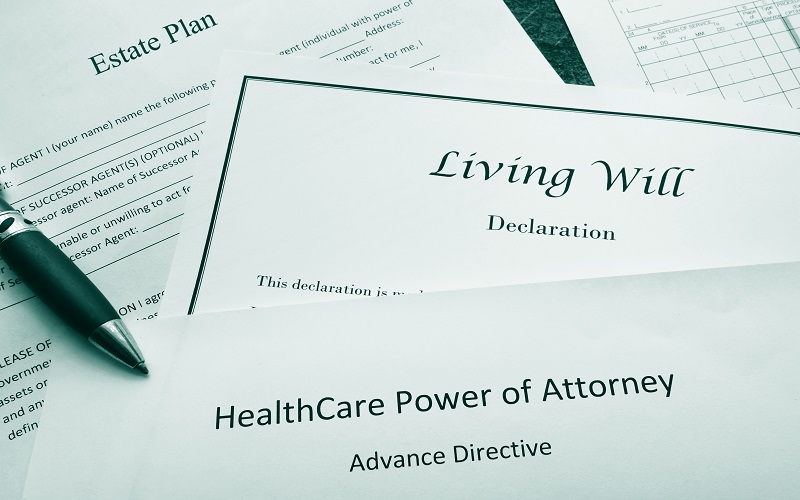It can be hard to think about ever being incapacitated to a point where you can’t perform some human activities like walking or the cognitive abilities needed to run your business. It’s even harder to think about your death. However, both of these circumstances may happen, especially the latter, to anyone who have the chance to live. Therefore, it’s okay to think about how you run your business in the event of your death. That’s called estate planning.
Estate planning is the preparation and organization of how tasks that fuel the success of your business will be run should you die or become incapacitated to run the business. It ensures that your assets and properties such as stocks, pensions, cars, houses, and life insurance are managed, preserved, and distributed according to your will. It also sees that all your financial obligations like estate taxes are taken care of. Estate planning also ensures that your beneficiaries, such as your family, can still survive from the business profits and the assets you’ve left behind.
The most basic part of estate planning is writing a will. You can seek the services of a lawyer for your will, or if your estate is straightforward, you can use free will templates. Often people leave it at writing a will. However, there’s so much to estate planning that should be done, and this article will look into that. Keep reading to learn more.
1. Know The Fundamentals Of Estate Planning
When planning your estate, you’ll need to have these three fundamental things:
- A will
It is a legal document that is used to provide information on how your estate should be distributed amongst your family, friends, and sometimes charity organizations. A will also states how you wish your business to be run and by whom.
While writing a will, you are required to name a trustee whom you trust to execute the will and honor your wishes. Should you die without leaving behind a will, your properties and assets will be distributed according to the prevailing laws of your state with no regard to your wishes.
- A Power Of Attorney
You’ll need to adopt a power of attorney. It’s a legal consent that grants a specified person of your choice the power to act on your behalf if you’re incapable, either mentally or physically.
The designated person is known as the attorney-in-fact. They’re given the power to make decisions about managing your properties, investments, finances, and medical care. A power of attorney can be very useful when planning for your retirement and plans on how the business can meet your golden age goals.
- An Advanced Healthcare Directive
An advanced health care directive can take two forms: a will or a power of attorney.
As a will, an advanced health care directive is a document that specifies how you would like your health to be handled if you can no longer make decisions for yourself. In this case, the document is also known as a living will, personal directive, medical directive, or an advanced decision.
As a power of attorney, an advanced directive involves selecting a person, attorney-in-fact, or a health proxy, who is authorized to make health care decisions on your behalf in case you become incapacitated.
2. Determine If You Need A Buy-Sell Agreement
When planning your estate, you need to decide if you’ll have a buy-sell agreement. A buy-sell agreement is applicable where the business has multiple owners. It’s use to decide what happens to the business if one of the owners is incapacitated or dies to run the business.
Therefore, the agreement is employed to establish who can buy the business if the departing owner wishes to sell it. For example, in case of a cross-purchase agreement, the surviving owner can purchase the business. The buy-sell agreement also determines the purchasing price and the terms of purchase.
Alternatively, as the departing owner, you can choose to sell back your shares to the company. You can also appoint a successor instead of selling your share of the business. Either way, this is a very crucial detail during estate planning. It’s therefore advisable that you use a lawyer since the process of a buy-sell agreement can become complicated.
3. Tax Implications Apply
Several taxes apply to the estate you leave behind. Today, the federal government has set the federal estate tax at 40% for every business worth more than USD$11.8million. It means that if your business is worth more than this amount, some taxes will be deducted before the estate can be distributed to your beneficiaries.
Other than the federal estate tax, another estate tax that may apply depending on your state is the inheritance tax. Unlike the estate tax, which is deducted directly from the estate, the inheritance tax is paid by those who inherit the business.
The laws about estate tax are always changing; therefore, it’s advisable that you seek the services of a lawyer and a financial advisor when calculating the tax implication on your estate. The lawyer will help ensure that you comply with the law. On the other hand, the financial advisor will guide you on how to minimize the estate tax. For example, you can reduce the tax burden on your estate by dividing your estate into several trusts.

4. Resolve Family Issues
It’s common for family conflicts to arise as the business owner retires. Often, family disputes can lead to the squandering of estates left behind. It, therefore, helps when you use an estate plan to amicably resolve family conflicts that may arise from how you have distributed your wealth to your beneficiaries.
One of the tricks of estate planning that helps is to divide your wealth equally. If you have left a business worth 10 million dollars to one child, give an equivalent amount of money or assets to other children. Avoid leaving any child in the cold. Including your children’s spouses in the estate plan ensures that the business stays in the family’s bloodline. It also reduces the likelihood of couple-influenced conflicts.
5. Use A Succession Plan To Succeed Your Estate
Once you have settled the family issues, it’s always safe to succeed your assets through a succession plan. Through a succession plan, you get to state who among your family members you would like to succeed you. The plan can be used to develop a training structure for the successor. Training helps prepare the successor for the tasks ahead, running the business.
It also details the financial status of the business. How much does it worth? How much debt does it have? What is the value of the business assets and liabilities, among other financial information that informs the running of the business.
With a succession plan, the successor is able to take over the business smoothly. Additionally, the staff is slowly introduced to the successor, which creates an easy transition for everyone.
Wrapping It Up!
Everyone wishes to leave behind a legacy through their business. Even better, every entrepreneur dreams that their family and beneficiaries benefit from the business even when they’re long gone. One of the surest ways to ensure that happens is by planning your estate. You don’t have to wait until you retire to do so. You can start planning your estate today.




